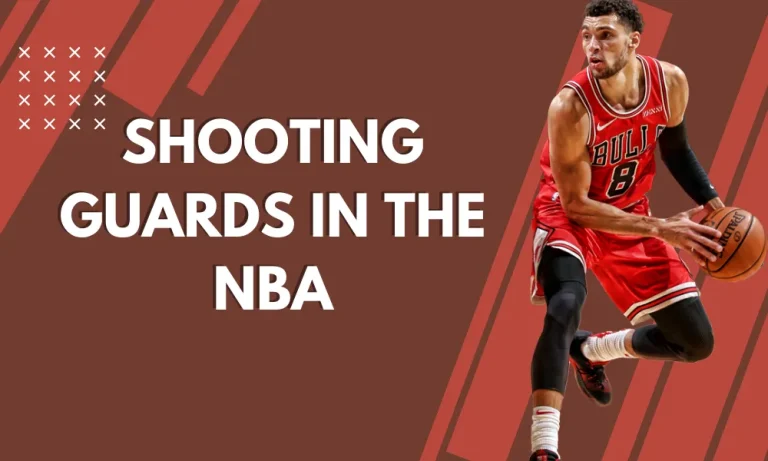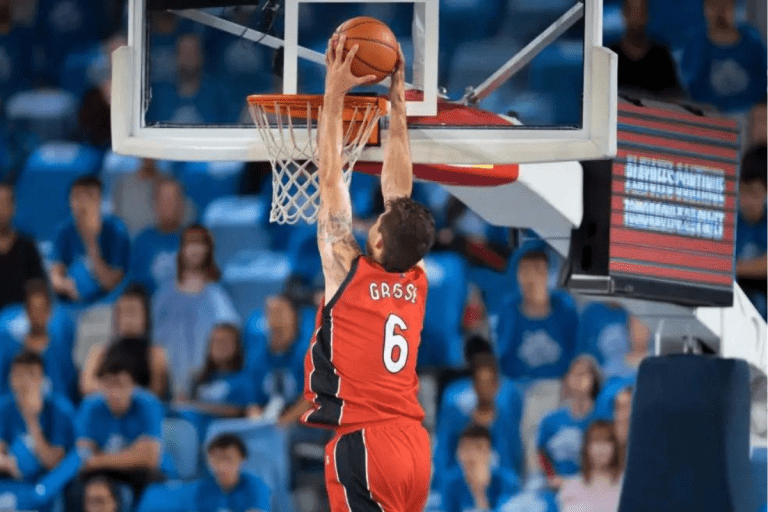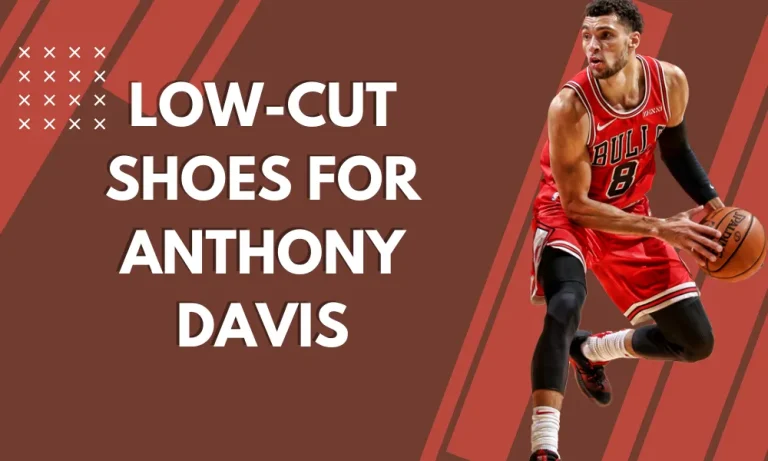Short in Stature, Big in Basketball
Are you underestimating the height of a basketball player? Think again! In this blog post, we’ll explore the fascinating world of short-statured basketball players who have defied the odds and excelled in the game. Join us as we uncover the ideal positions for these pint-sized powerhouses. Let’s dive in!
The Advantages of Being Short in Basketball
Being short in stature doesn’t mean you can’t excel on the basketball court. In fact, being vertically challenged can come with its own set of advantages that can make you a formidable player. Let’s take a closer look at the unique skills and attributes that short players possess.
1. Speed, Agility, and Quickness: Shorter players often have a natural advantage when it comes to speed, agility, and quickness. Their smaller size allows them to change directions swiftly, making it harder for taller opponents to keep up. Their nimble footwork enables them to navigate through tight spaces and evade defenders more easily.
2. Lower Center of Gravity: One of the biggest advantages of being short in basketball is having a lower center of gravity. This means shorter players have better balance and stability, which can be a game-changer on the court. Their ability to stay low to the ground gives them an advantage in maintaining control while dribbling, making it harder for taller defenders to steal the ball.
3. Enhanced Court Vision: Shorter players often develop exceptional court vision due to their need to navigate through taller opponents. This heightened awareness allows them to anticipate plays, find passing lanes, and make accurate assists. They can see over and around defenders, making them valuable playmakers and team leaders.
Guard Positions: Flourishing in the Backcourt
When it comes to short-statured basketball players, the guard positions offer a perfect platform to showcase their skills. Let’s delve into the two primary guard positions – the point guard and the shooting guard – and understand why they are ideal for shorter players.
1. Point Guard: The point guard is like the quarterback of the basketball team, responsible for orchestrating plays, setting up the offense, and making split-second decisions. Shorter players often excel in this position due to their playmaking skills and exceptional court vision.
Their ability to see the entire court and anticipate plays allows them to create opportunities for their teammates and execute precise passes. Moreover, their speed and agility enable them to navigate through defenders and penetrate the defense, creating scoring opportunities for themselves as well.
2. Shooting Guard: The shooting guard is typically known for their scoring ability and perimeter shooting. Shorter players in this position can utilize their speed and agility to excel in ball handling, driving to the basket, and creating their own shot opportunities.
Their low center of gravity and quickness make it harder for taller defenders to keep up, allowing them to maneuver through tight spaces and finish at the rim. Additionally, their smaller size can be an advantage in perimeter defense, as they can stay low and use their quickness to stay in front of their opponents, disrupting their shots and passing lanes.
Forward Positions: Making an Impact on the Wing
As a short-statured basketball player, you might find yourself thriving in the forward positions, namely the small forward and power forward positions. These positions offer a unique opportunity to make a significant impact on the wing. Let’s dive into their roles and understand how shorter players can excel in these positions.
1. Small Forward: The small forward position is a versatile role that requires a combination of scoring ability, defensive prowess, and basketball IQ. Shorter players in this position can utilize their quickness and agility to create scoring opportunities.
Their ability to drive to the basket with speed and precision can catch taller defenders off guard. Additionally, their smaller size can be an advantage in shooting from mid-range, as they can release the ball quicker and with more accuracy. Defensively, their agility and anticipation skills allow them to stay in front of their opponents and disrupt passing lanes.
2. Power Forward: The power forward position is traditionally associated with strength and rebounding. However, shorter players can bring a unique dynamic to this position. Their quickness and agility enable them to excel in driving to the basket and finishing strong.
Their low center of gravity allows them to navigate through traffic and absorb contact while scoring. Additionally, shorter power forwards can stretch the defense by shooting from mid-range or even beyond the arc.
Their ability to knock down perimeter shots forces taller defenders to step out of their comfort zone and guard them on the perimeter, creating opportunities for their teammates.
Center Position: Dominating the Paint
As a shorter basketball player, you might think that playing the center position, traditionally reserved for taller players, is out of your reach. However, don’t let your height deter you from dominating the paint. Let’s explore how short players can thrive as centers and make a significant impact on the court.
To excel as a center, technique, positioning, and basketball IQ are crucial. While taller opponents may have the advantage in terms of size, shorter players can compensate by focusing on fundamental skills. Proper technique in boxing out, rebounding, and post moves can help level the playing field. By using leverage, footwork, and body positioning, shorter centers can outmaneuver their taller opponents and gain an edge.
Quickness and agility are essential attributes for shorter centers. Utilizing these skills, you can be a force to be reckoned with in the paint. Your ability to move swiftly and change directions quickly can help you get open for passes, elude defenders, and score around the basket. Additionally, your speed and agility can aid in defensive rotations, allowing you to contest shots and disrupt opponents in the paint.
Strategies for Short Players to Succeed
As a shorter player, it’s important to develop strategies that allow you to excel on the basketball court. By focusing on key strategies and tips, you can overcome any height disadvantages and make a significant impact in the game.
1. Develop a versatile skill set: One of the most effective strategies for short players is to develop a versatile skill set. This means honing your dribbling, passing, and shooting abilities to become a threat from all areas of the court. By being skilled in multiple facets of the game, you can keep defenders guessing and create opportunities for yourself and your teammates.
2. Leverage speed and quickness: Speed and quickness are your greatest assets as a shorter player. Use your agility to your advantage by creating mismatches against slower opponents. Utilize your quickness to blow by defenders, drive to the basket, or create space for a jump shot. By constantly moving and using your speed to your advantage, you can keep defenders on their toes and make it difficult for them to guard you effectively.
Famous Short Players Who Excelled in Basketball
It’s inspiring to see how some short players have defied expectations and achieved great success in the game of basketball. Their stories serve as a testament to the fact that height is not the sole determinant of skill and impact on the court. Let’s take a look at a few famous short players who have left a lasting legacy in the sport.
1. Allen Iverson: Standing at just 6 feet tall, Allen Iverson was a force to be reckoned with during his NBA career. Known for his lightning-fast speed, quickness, and scoring ability, Iverson made a significant impact as a point guard. His determination and relentless work ethic allowed him to overcome any height disadvantages and become one of the most exciting players in the history of the game.
2. Chris Paul: Chris Paul, also standing at 6 feet tall, has showcased exceptional leadership and basketball IQ throughout his career. As a point guard, he has consistently been among the league leaders in assists and steals. Paul’s ability to read the game, make smart decisions, and control the tempo of the game has made him a valuable asset to any team he has played for. His success serves as a reminder that size should never limit one’s potential in basketball.
Conclusion
In the world of basketball, being short in stature doesn’t mean you can’t have a big impact on the court. We’ve explored strategies for short players to succeed, focusing on developing a versatile skill set and leveraging speed and quickness to create mismatches. Additionally, we’ve seen inspiring examples of famous short players like Allen Iverson and Chris Paul who excelled in the game through determination and hard work.
FAQs: Short in Stature, Big in Basketball: Ideal Positions
Can short players excel in basketball?
Yes, short players can excel in basketball by developing versatile skills and leveraging their speed and quickness.
What are some ideal positions for short players?
Point guard and shooting guard positions are often ideal for short players due to their agility and ability to create scoring opportunities.
How can short players overcome height disadvantages?
Short players can overcome height disadvantages by utilizing their speed, quickness, and developing a strong skill set in multiple areas of the game.
What strategies can short players use to succeed on the court?
Short players can succeed by developing a versatile skill set, using speed to create mismatches, and constantly moving to keep defenders off balance.
Are there any famous short players who have achieved success in basketball?
Yes, Allen Iverson and Chris Paul are examples of short players who have achieved great success in basketball through determination and hard work.
Is height the sole determinant of success in basketball?
No, height is not the sole determinant of success in basketball. Skills, determination, and hard work play significant roles in achieving success on the court.





